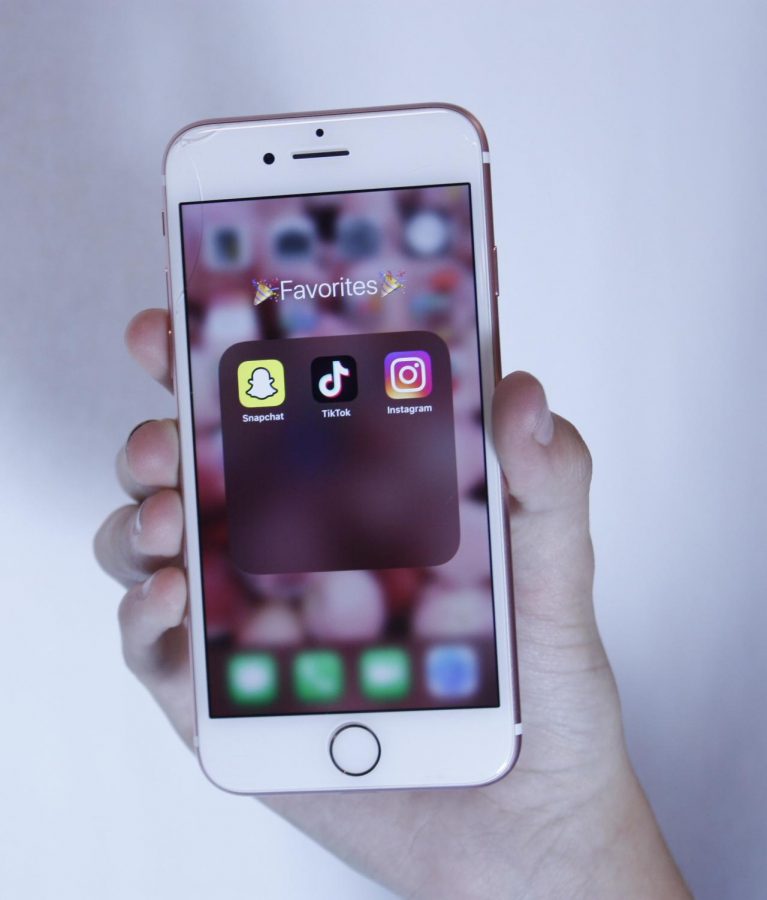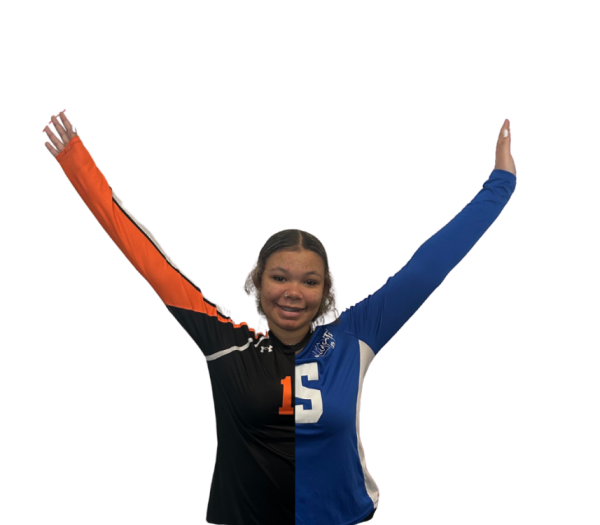Appscuse me?
Threats to our personal information and safety, the dark side of apps
Since people are on their phones so much now, we looked at three apps that have grabbed people’s attention the most.
Endless Tik Tok videos, Instagram photos, countless Snapchat messages, and VSCO filters. Why would you want to get off of social media when you can watch and see everything and anything you want?
All of these apps have some sort of benefit which is mostly entertainment.
“More than 1 in 4 teens say social media is ‘extremely’ or ‘very’ important to them for expressing themselves creatively,” as reported in the Washington Post.
While these apps continue to amuse us, a dark side lurks behind the entertainment. Most have probably heard about social media horror stories from their parents.
They were right: Apps are now enabling more and more strangers to connect. More and more apps are being designed to pull you in and keep you entertained. They are supposed to be time consuming and distracting. Emarketer wrote, “that the average time a person spends on social media is 3 hours and 10 minutes a day.”
A bullying/stalking story from the BBC reveals a victim of stalking who said “I brought it to an end by permanently blocking him and I found out he was creeping [another site] to find out about me, so I changed my settings. Now I just wished I’d done it sooner–that I’d cut him off straight away and not let him get to me.”
There are 4.39 billion internet users, yet internet safety isn’t always a priority when we log on to our social media, shopping apps or web pages.
“It provides a fake image of someone’s life. It sometimes makes me feel that their life is perfect when it is not,” a 15-year-old girl said from a survey from an article by Pew Research Center.
A study conducted at 2019 Cornell University found that the main reason students liked Snapchat was that the messages disappear if no one saves them.
Internet predators are everywhere and they can get information about teens without them knowing or permitting it.
“In the United States, one out of every 12 women (8.2 million) and one out of every 45 men (2 million) have been stalked at some time in their lives,” according to the cyberstalking research done by Harvard University.
Social media users can take precautions to keep themselves safe. The National Cyber Security Alliance website gives visitors ideas about how to keep themselves protected against spam and phishing (a group of people that create web pages or emails that collect logins, credit card information and online bank information).
A few proper precautions to ensure we stay safe can continue our online use without worrying about what will happen to our information.
“If the displacement of healthy lifestyles and cyberbullying can be attenuated, the positive effects of social media use, such as encouraging social interactions, can be endorsed,” according to CNN Health.
The message is getting through to some young people like sophomore Shailynn Walker who thinks that social media is unhealthy, ”when you are on it more than you are not.”







